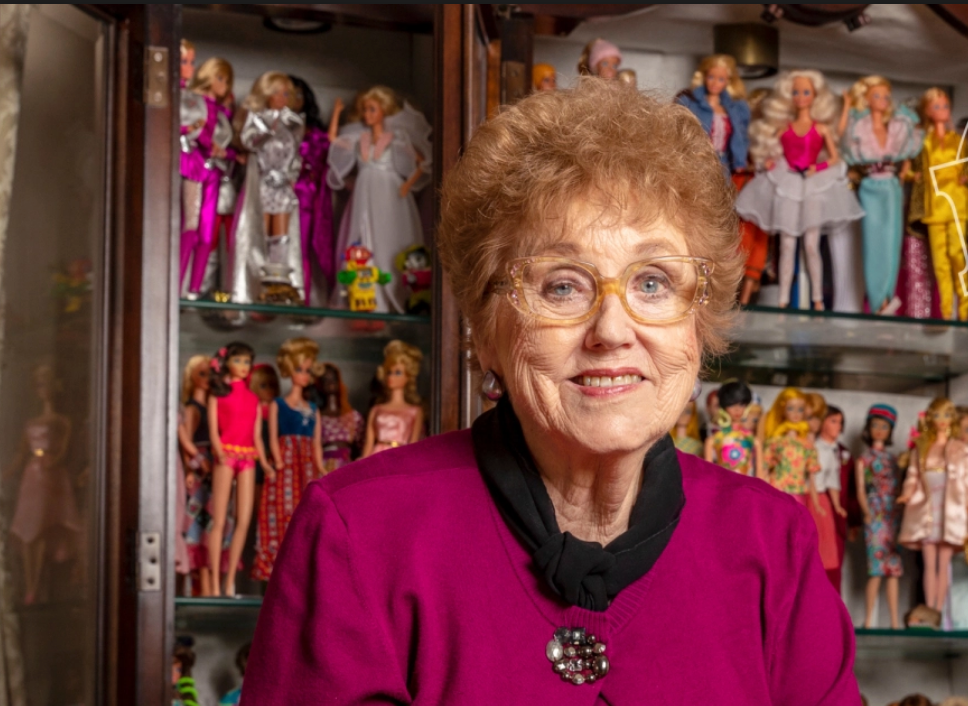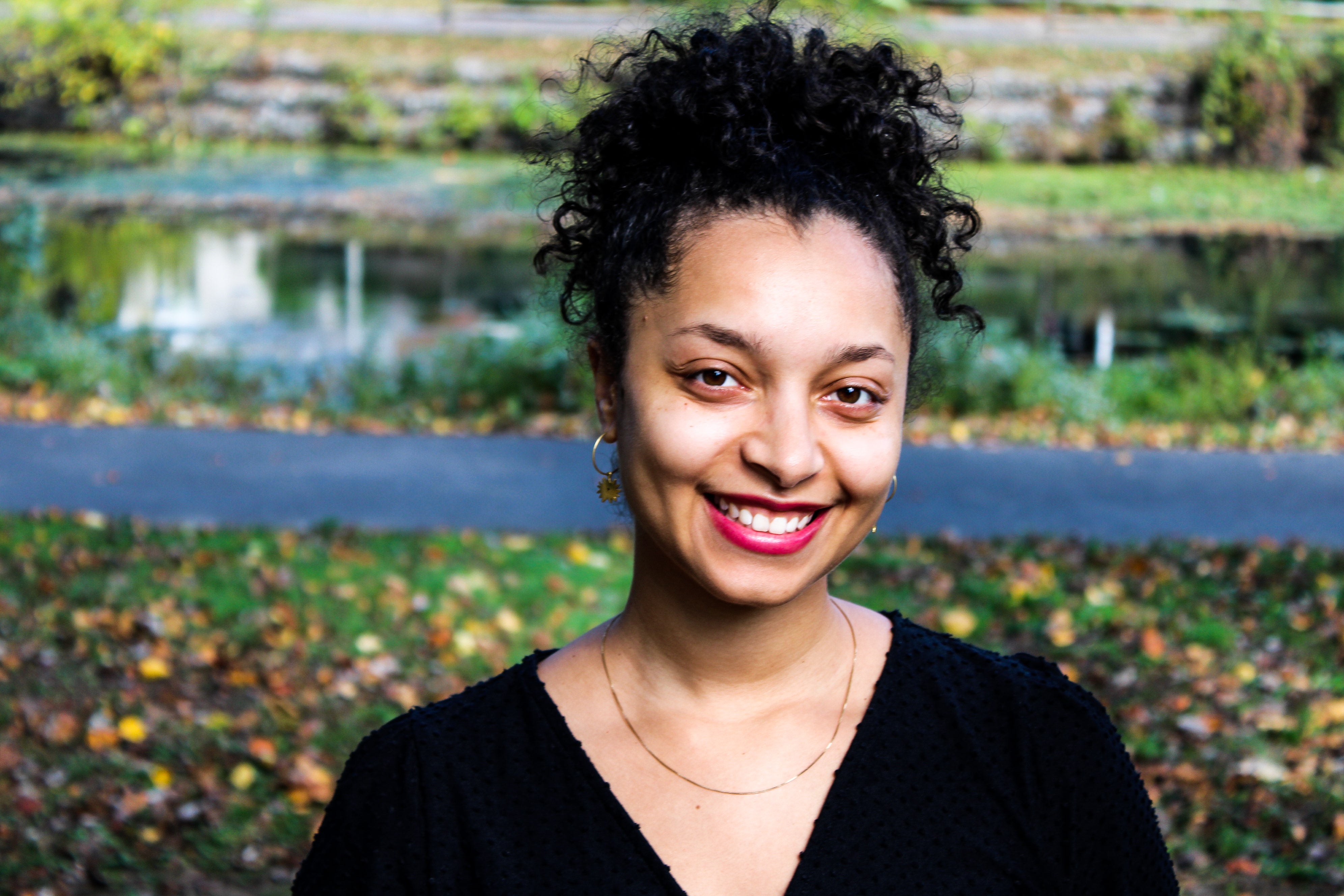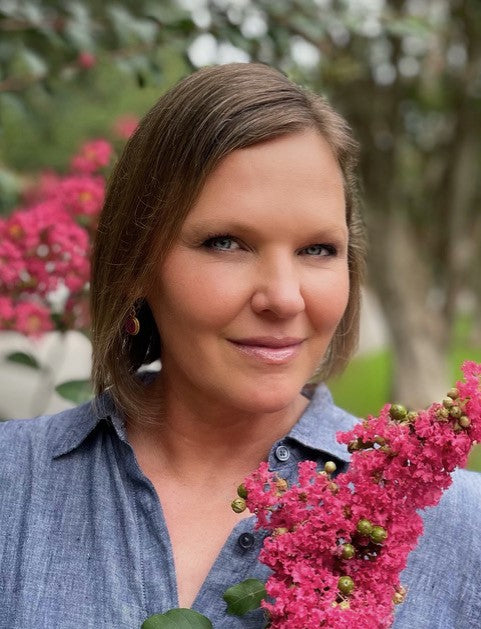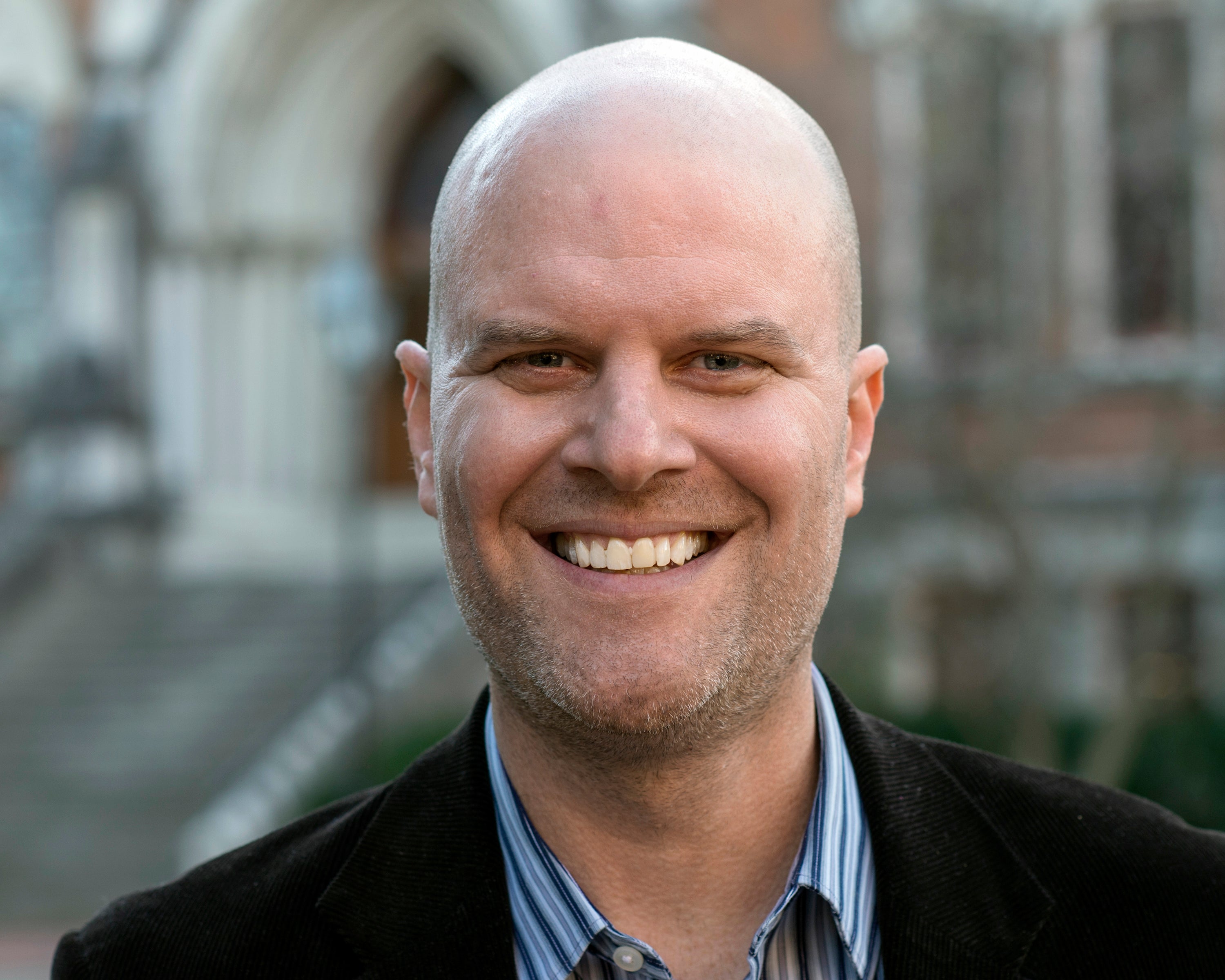Book: Raising A Black Scholar
Author: Roosevelt Mitchell III:

Photo Courtesy of Roosevelt Mitchell III
Author Bio:
1. Choose one and why: W.E.B. DuBois, Benjamin Banneker, Booker T. Washington?
W.E.B. Dubois- I believe DuBois set the stage and tone for all of the black scholars who have been produced by him. He became the first African-American to earn a Ph.D. from Harvard and then published the first ever case study of an African-American community called The Philadelphia Negro: A Social Study. He published the classic The Souls of Black Folk, in 1903 and he co-founded the NAACP. I still read Dubois’s work today.
2. Do you think that HBCUs (Historically Black College and Universities) are still needed today in 2017? If so why?
I think that HBCU’s are still needed in 2017 due to the educational culture at some universities. For instance, the incidents that happened at the University of Missouri and several other colleges, that included swastika’s and racial slurs, creates racially and sexually insensitive cultures for African American students. African American students don’t need a “safe space” at an HBCU because the culture and climate are tailored for them.
3. Why do you think many young black students neglect or under-appreciate receiving an education?
That’s a loaded and complex question because many factors affect young black students not receiving an education. Even if they do not neglect it and appreciate a quality education, many of our children are in failing school districts that are pushing them out as opposed to cultivating their young minds.
I do agree that there are some young people who do neglect or under appreciate education but educators must find ways to seduce students into learning and remaining engaged in education. Studies have shown how discipline policies affect black students three times more than other races and the lack of black teachers creates a lack of role models within that system.
4. What do you envision race relations in America to look like in 25 years?
How much progress, if any, have we made the last 25 years in race relations? Many people believed that having Barack Obama in the White House was a dream fulfilled and we were living in a post-racial society. While he occupied the White House the tragic killings of Michael Brown, Trayvon Martin, Eric Garner happened and even Harvard Professor Skip Gates was arrested for breaking into his own home.
While we had the first Black President in office, black men and boys were getting killed by police officers and black communities were protesting everywhere. Black wealth did not increase either and black unemployment was high but having a black president, in a sense, hid those race relations nightmares. I’m hopeful that the next 25 years will yield great race relations that produce more wealth and less senseless killings but I’m a bit skeptical based on American history.
5. What steps should be taken to increase the number of black educators?
To increase the number of black educators we need to recruit at colleges and offer incentives. The stigma of being a teacher is being overworked and underpaid (which many teachers will say is true) but studies show that children need role models and educators who look like them. School districts need to recruit them while in college and need to offer loan forgiveness incentives.
6. What is the best book you have read in 2017?
I’m currently reading “Black Privilege: Opportunity Comes to Those Who Create It” by Charlemagne Tha God and so far it’s the best book I’ve read this year.
7. Have you read The Mis-education of the Negro by Carter G. Woodson and if so how has that book played into the creation of this book?
Carter G Woodson’s book The Mis-Education of the Negro” has played a major part not only in the creation of my new book but also my life. One passage in that book changed my thinking process. He wrote “If you can control a man’s thinking you do not have to worry about his action."
When you determine what a man shall think you do not have to concern yourself about what he will do. If you make a man feel that he is inferior, you do not have to compel him to accept an inferior status, for he will seek it himself. If you make a man think that he is justly an outcast, you do not have to order him to the back door. He will go without being told; and if there is no back door, his very nature will demand one.” Powerful!
8. In what area do you believe the education system has failed you?
I feel as if the educational system failed me in several areas such as entrepreneurship, financial literacy, and having a high self-esteem. I can only imagine how different my life would be right now if I had graduated high school with a great credit score and the knowledge of how to start my own business.
Many times K-12 prepares students only for college and college prepares students to be a good employee. I teach kids these things in my new book so that they are equipped with the knowledge and skill to pursue whatever route their strength lies.
9. Five books under your belt, do you plan to write more books in the future?
I plan to write at least several more books in the future. My writing's and idea’s come from inspiration and my inspiration comes from my life. I never sit down and force myself to write a book without feeling inspired to do it. So I truly believe as long as I keep living, I’ll keep being inspired to write.
10. What is your best advice for getting through writer’s block?
My best advice for getting through writer’s block is to take a break and do something fun. Leaving the project, relaxing my mind and then coming back to the project typically helps me break through the block.
I write in concentrated bursts for hours at a time. I often wake up at 3 a.m. and write for several hours or until my eyes get blurry. I love the writing process because writing is rewriting. This project was different because I wanted to include so much information without making the book 500 pages.
Places To Find More From This Author:
Facebook: Roosevelt Mitchell III
Instagram: @thedisabilityscholar
Twitter: @disabilityscholar
Website: http://disabilityscholar.com/
(Click Book to Purchase Now)







